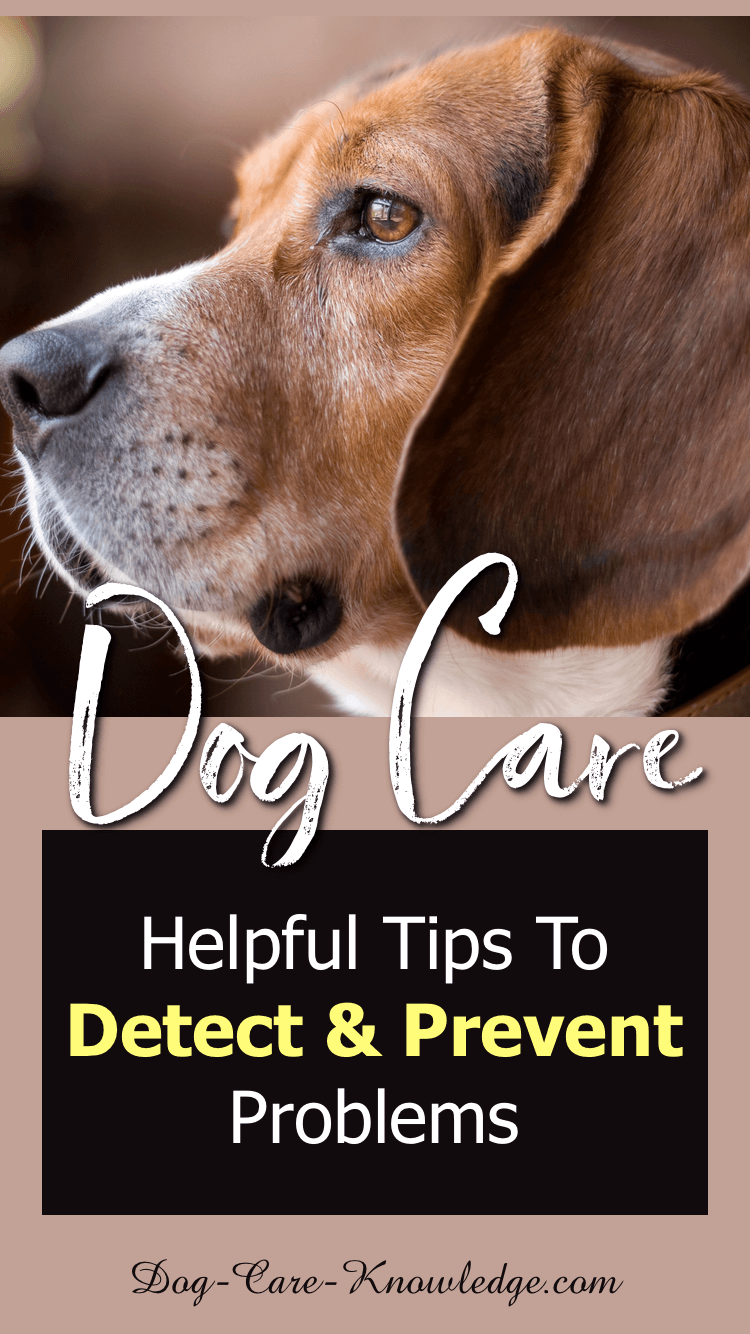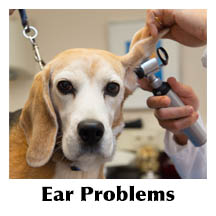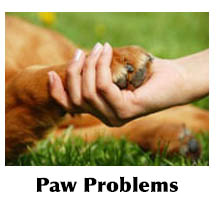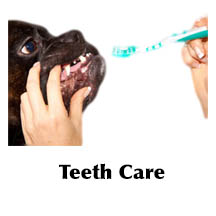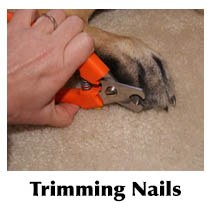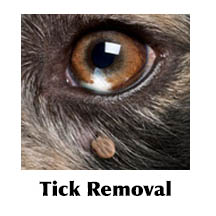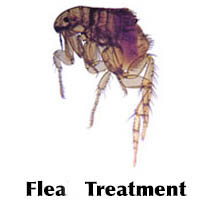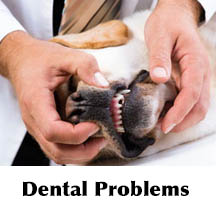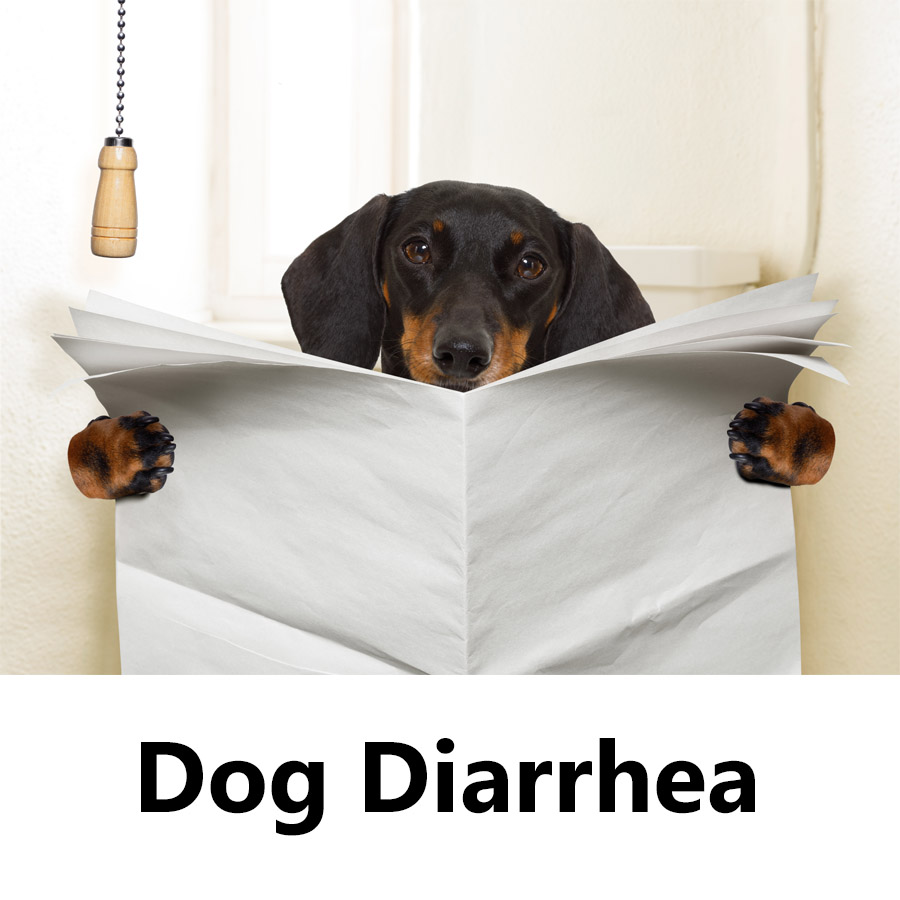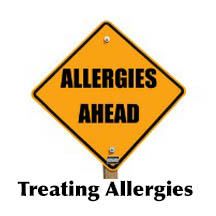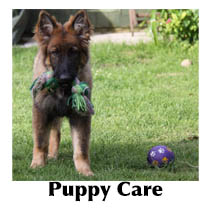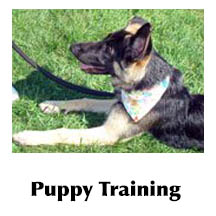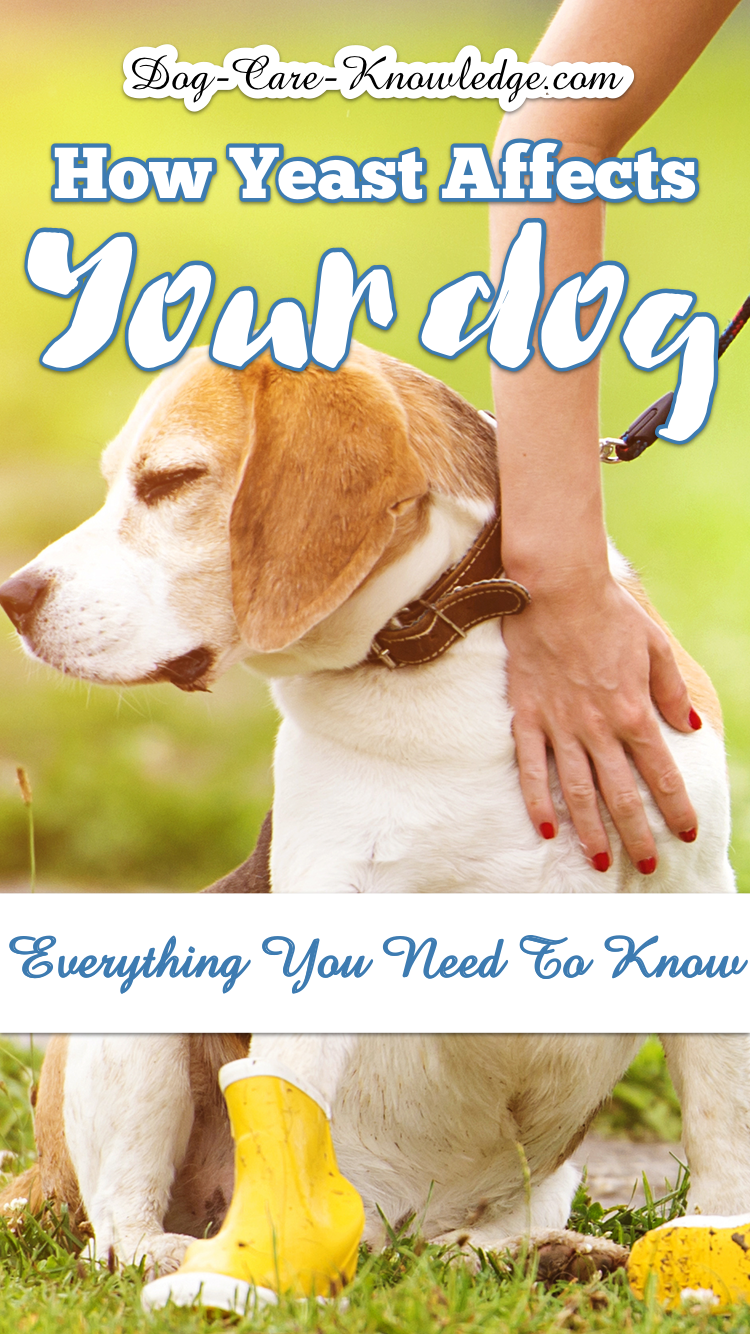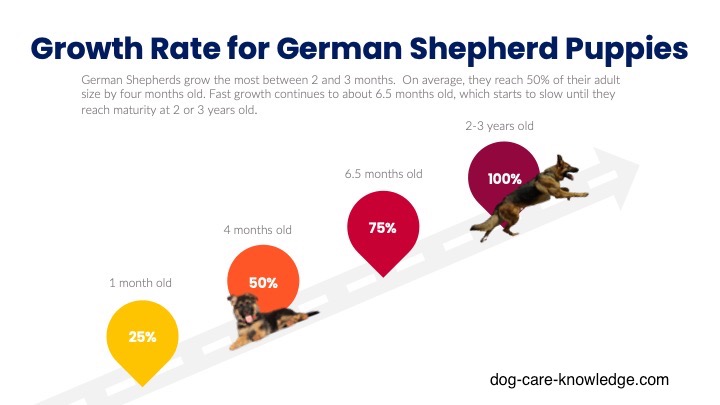- Home
- Dog Care Tips
Dog Care Tips
Detect & Prevent Problems
I find the best dog care tips are the ones that keep your dog in tip top condition AND helps you to reduce the cost of caring for your dog. Obviously, if you have a sick or injured dog then you absolutely must take them to your veterinarians, but, there is so much you can do to limit the amount of vet visits you need.
Just by performing a few simple routine tasks you can prevent many common ailments in dogs from even starting which will help you save money on costly vet visits. A dog's healthcare costs are similar to ours in that it's much cheaper to prevent an illness than it is to treat it!
Dog Health & Basic Dog Care Routine
I've found the best way to keep on top of my dog's general care, is to establish a good dog care routine. This flushes out problems at the onset and also prevents many issues from even starting.

It's much easier for you, your pooch, and your veterinarian if you schedule annual
vet visits and health checks for your pets. All puppies needs their full
round of shots when they are young, but after that, you can either continue with annual
vaccines or you can opt to have annual blood tests (Titer tests) that check levels of immunity. It's your choice so talk to your vet.
Keeping them on preventative heart-worm, tick, and
flea treatment all year long will also keep long-term costs down. Treatment for heart-worm or tick borne
diseases are a lot more expensive to treat than prevent. Not to mention
they can be fatal if not treated.
Dependent on where you live,
ticks can still be a problem even with the treatment, especially in
spring and fall. If you live in a high tick population area, it's best
to check your dog daily and remove any you see.
It's also a
good idea to do a weekly check for lumps and bumps, and check their
paws for any foreign bodies or cuts. While you're at it, keep an eye on
their nails as they'll need regular trimming.
Dog Care Tips for Teeth
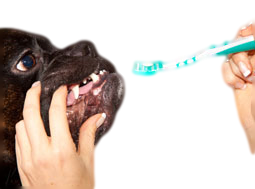
Did you know that you can almost eliminate dog dental problems just by cleaning their teeth on a regular basis? You need to do it right though to make it actually count! Don't worry if your pooch won't allow you near his mouth, there are still steps you can take to prevent dental problems.
By following the dog care tips on teeth care you can be sure that you are doing all you can to control dental disease and save yourself some pretty hefty dog dental expenses down the line.
Dog Care Tips for Paws
Your dog's paws can take a beating when out on walks or even in your backyard. The pads, in particular, are pretty tricky to deal with once cut. Stitches don't usually work well on a dog's pad and it's really hard to get them to stay off of the paw enough for the pad to heal. I know, I've tried.
That's why I created these dog care tips to deal with this particular issue. After my (very energetic) girl cut her pad open, I tried many solutions to get it to heal before I found what worked for us. It ended up being a combination of efforts all of which I've captured here on Paw Problems.
Skin & Coat Care Tips
Regular baths are good for your dog's skin and coat but only if you're using the right shampoo. The wrong shampoo, especially human shampoo, can really cause problems. If your dog is itching and scratching a lot, then check out our skin conditions to find the cause and right treatment plan.
Unfortunately many dogs also suffer from allergies which affects their skin and coat. Dogs can be allergic to the same sorts of things as humans, however, their allergies usually result in lots of itching, scratching, chewing, and even ear problems.
Whether you have a dog that suffers from skin or coat problems or not, most dogs will benefit from supplementing their diet with salmon oil. You can find out why and which one to choose here.
Top Tips For The Ears
Ear infections are very common in canines. Regularly checking ears (and cleaning only if necessary) can stop some ear problems from occurring. Also, many ear issues are related to a skin condition. In this situation, the ear infection will keep recurring unless the skin condition is treated.
It's not surprising that ear problems are the number one reason canines visit the veterinarian's office. But did you know that you can solve many issues yourself? Ear mites, for example, can be detected at home with a very simple technique. You can also use an effective home solution, if it is ear mites that you are dealing with.
Senior Dog Care Tips
What about when your best pal gets older, do you know if he needs more specialized care when he is a senior? What age is considered “senior” anyway?
Well, it all depends on their size. The bigger they are, the quicker they age.
It's no longer sufficient to say that canines age every seven years to our one, it's gotten a lot more complicated than that. See our geriatric care page for more information as well as some preventative tips just for seniors.
Following these dog care tips will provide a good foundation for your dog care and maintenance program and should keep your costs down. Of course, there are just tons of other things to consider when taking care of your best pal. You'll find plenty of advice and dog care tips on this site along with recommendations of where to get additional help.
